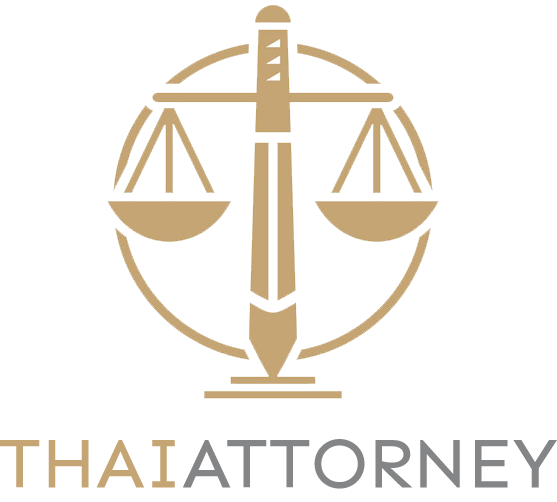Foreign Investment in Thailand. Thailand, recognized for its colorful culture, gorgeous landscapes, and strategic location in Southeast Asia, has emerged as a popular destination for foreign investors looking to capitalize on the region’s thriving industries. Thailand has a well-established infrastructure, favorable government regulations, and an expanding consumer base, providing opportunity in a variety of industries. This article examines the landscape of foreign investment in Thailand, focusing on key sectors, incentives, and considerations for prospective investors.
I. The Business Landscape of Thailand
A. Strategic Location: Thailand, located in the heart of Southeast Asia, serves as a gateway to a market of over 600 million people across the ASEAN area.
B. Diverse Economy: Thailand’s economy is diverse, with sectors including industry, agriculture, tourism, technology, and services.
C. Government Support: The Thai government has implemented a variety of regulations and incentives to encourage and facilitate international investment.
II. Key sectors for foreign investment.
A. Manufacturing and Industry: Thailand’s manufacturing industry is a major economic driver, comprising industries such as automobiles, electronics, and machinery.
B. Tourism and Hospitality: With its rich cultural heritage and natural beauty, Thailand is still a popular tourist destination, attracting millions of visitors each year.
C. Technology and Innovation: Thailand’s government is actively pushing the country as a regional technology and innovation hub, granting incentives for R&D activity.
D. Renewable Energy: The quest for sustainability has resulted in increased investment in renewable energy projects such as solar, wind, and hydroelectric power.
III. Incentives for foreign investors
A. BOI Promotion: The Thailand Board of Investment (BOI) provides a variety of incentives, such as tax breaks, import duty exemptions, and approval for foreign ownership in specific industries.
B. Free commercial Agreements (FTAs): Thailand has signed several FTAs, which provide preferential access to international markets and expand commercial prospects.
C. Special Economic Zones (SEZs): SEZs provide particular incentives to encourage foreign investment in designated areas, which are generally bordered by neighboring nations.
IV. Considerations for Foreign Investors
A. Legal Structure: Investors must choose a suitable legal structure for their business, which may include a limited company, joint venture, or branch office.
B. Regulatory Compliance: Knowing the local laws, regulations, and licensing requirements is critical to ensuring compliance and seamless operations.
C. Cultural Sensitivity: Understanding and respecting Thai cultural norms and business etiquette is critical to developing effective relationships with local partners and stakeholders.
D. Risk Management: As with every investment, there are inherent risks. Conducting extensive due diligence and seeking professional guidance can help you mitigate such risks.
Conclusion
Thailand’s strategic position, diverse economy, and supportive government policies attract global investors. Investors may capitalize on the country’s thriving business environment by finding opportunities in important areas, taking advantage of incentives, and navigating the regulatory framework. Foreign investors can create profitable companies in the Land of Smiles with careful preparation, cultural sensitivity, and adherence to legal regulations.

